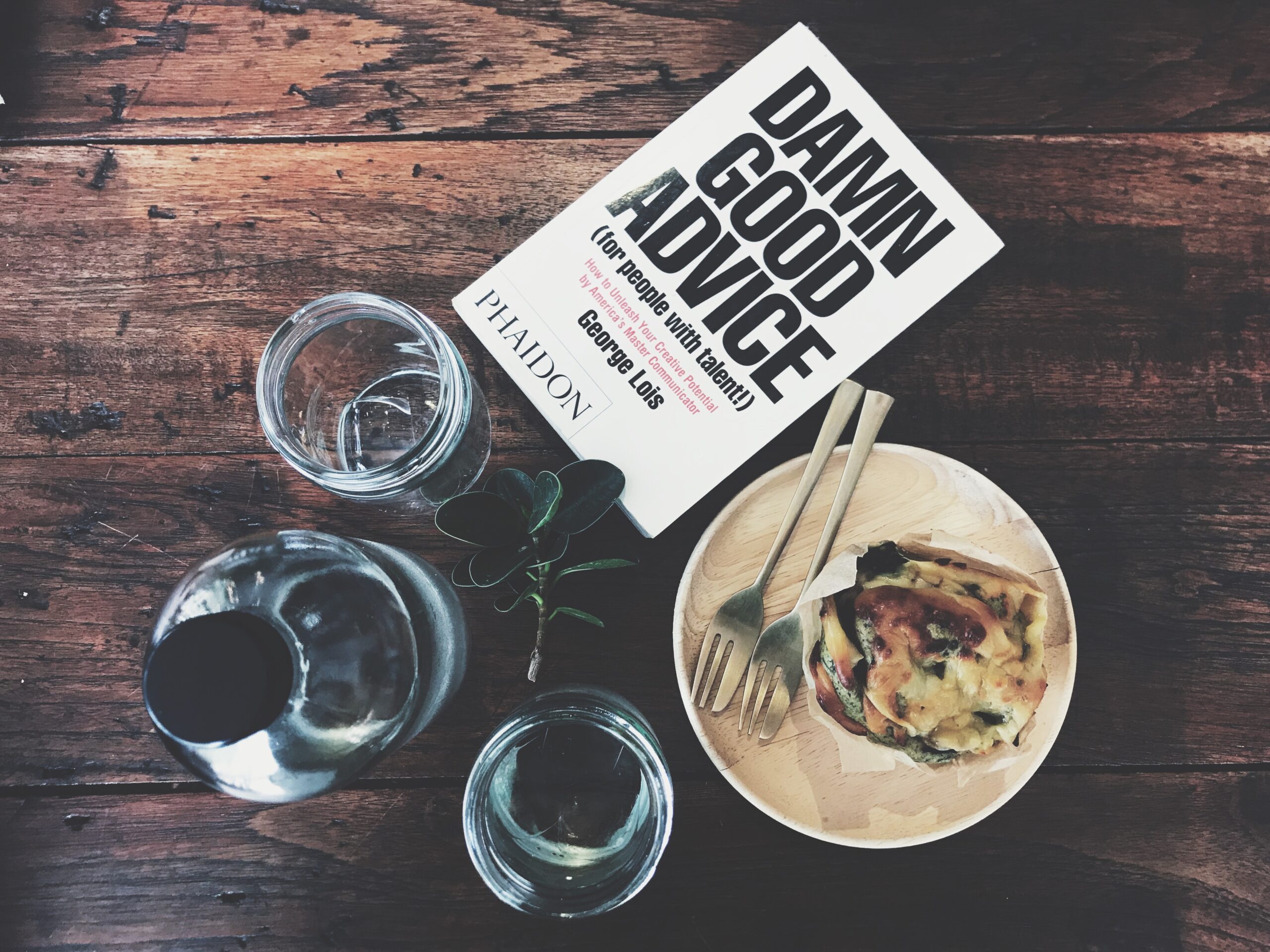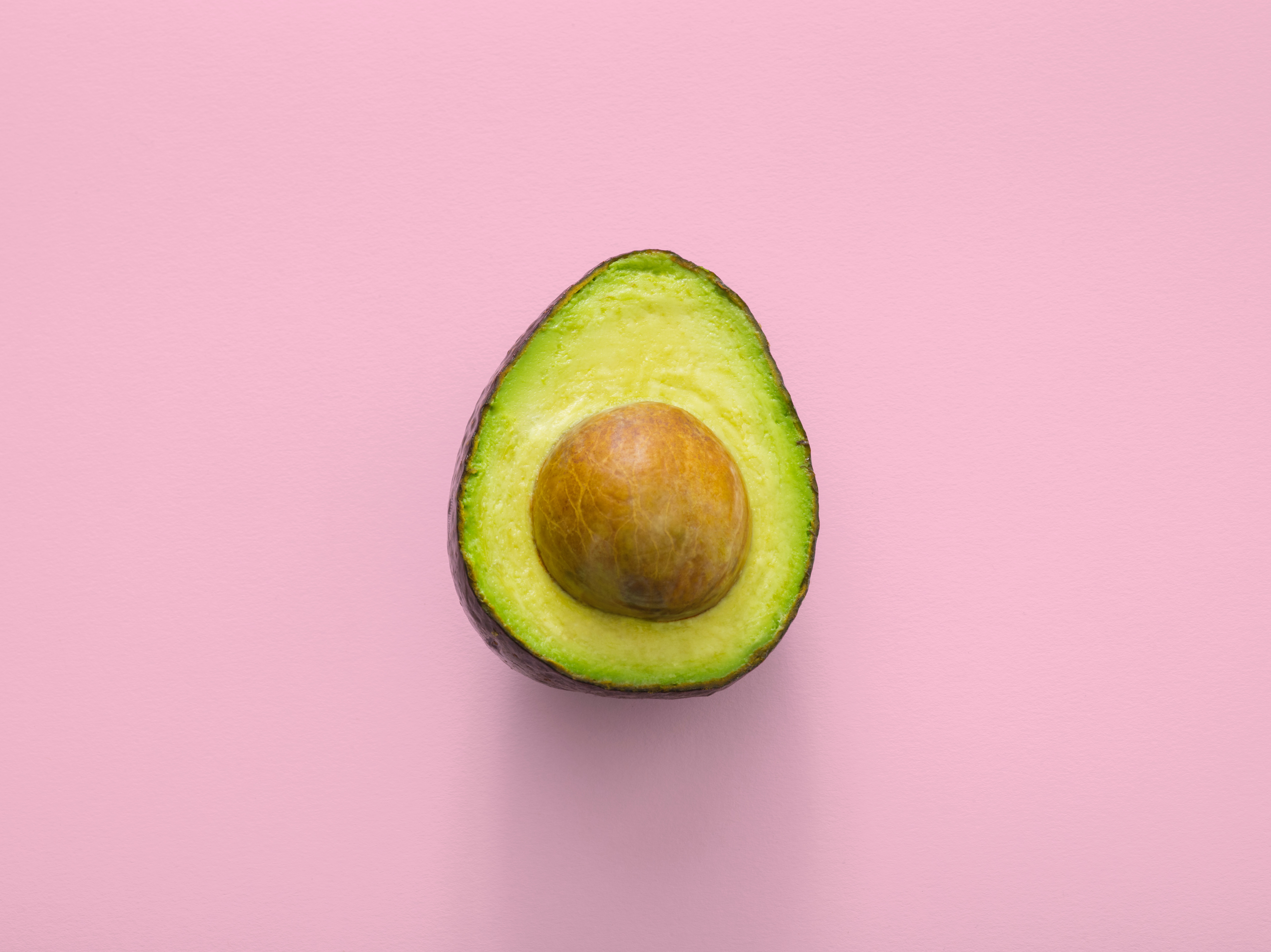
Beste lezers,
Diëtisten zijn er al een goed aantal jaren om de gezondheid van de bevolking te verbeteren. Wij kunnen steeds beter advies geven door wetenschappelijke onderzoeken, maar ook door meer kennis te verkrijgen. Zo doen we aan master opleidingen, post-HBO’s en proberen we ook kennis uit andere werkvelden ’te weven’ in het zo best mogelijk kunnen helpen van de klant. Zo wordt je vaak mutlidisciplinaire geholpen als dat nodig is (met een psycholoog en/of fysiotherapeut). Maar geven we ook onze eigen touch eraan (denk aan opdrachten geven aan de klant of mindfulness toepassen).
Waarom nemen klanten dan met moeite het advies van een diëtist aan? Of houden ze het niet lang vol.
Het klinkt een beetje psychologisch, maar het komt omdat je advies vaak nog geen waarde heeft. Waarde kan je vaak toevoegen door redenen te geven. Denk maar aan: ‘Meneer u moet niet roken, want dan kan u kanker krijgen’. Dat is letterlijk maar een laag. Onderbouw je het met ‘Als u kanker krijgt, kan je jouw familie niet meer zien, je kleinkinderen en kan je niet meer elke zondag lekker vissen langs de kant van het Ijsselmeer.’ Dan geef je al veel meer inzicht aan de klant. Hij moet kijken in de toekomst.
Nu is het zo dat je dit vaak niet kan doen als je een klant voor het eerst ontmoet. Zelfs later moet je het gedoseerd vertellen. Het kan namelijk best wel hard aankomen en zelfs een beetje als een aanval. Nu kan ik je zeggen dat ze vaak (niet iedereen), maar veel mensen het antwoord al weten.
Wat nog belangrijk is dan dat jij het waarde geeft als diëtist; is dat de desbetreffende er waarde aan toevoegt. Dus als de man zou stoppen met roken en laten we zeggen dat hij een longcapaciteit meting gehad heeft voor het stoppen. En 3 maanden na het stoppen met roken nog een meting heeft en dit keer is het verbeterd. Dan is dat het waarde toevoegend moment, waardoor hij zijn nieuwe gedrag mogelijk kan volhouden.
Dit kan je natuurlijk ook in perspectief zien bij iemand die wilt afvallen, een te hoog cholesterol heeft en misschien iemand met een eetstoornis. Je moet als klant het een kans geven en het ‘gewoon laten gebeuren’. Dan kan je zien of wat de diëtist adviseert nou echt werkt en als het wel werkt, dan heb je jouw motivatie te pakken (als klant zijnde). Aan de diëtist is het om te zien (en te bedenken) in welke situatie je de klant kan gaan zetten waardoor hij/zij de waarde van je advies kan gaan ontdekken.
Uiteindelijk is dit een onderdeel van nog veel andere punten, waar je als diëtist en klant samen aan moet werken. Maar ‘waarde toevoegen’ is wel iets waar je rekening mee moet houden (in mijn perspectief dan) als klanten weerstand bieden of nog niet de ernst ergens van inzien.
Hopelijk was dit ergens informatief.
Queeny



